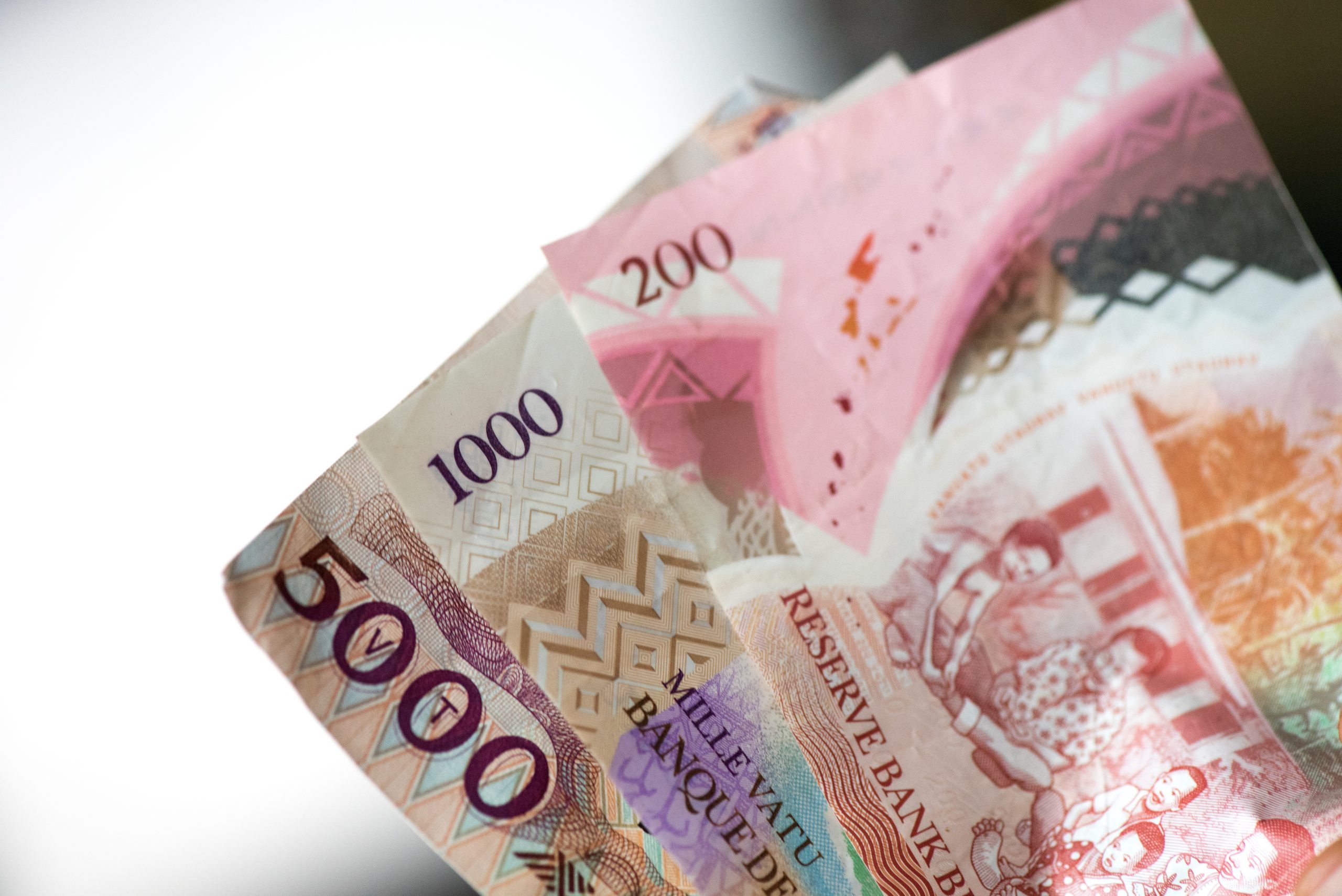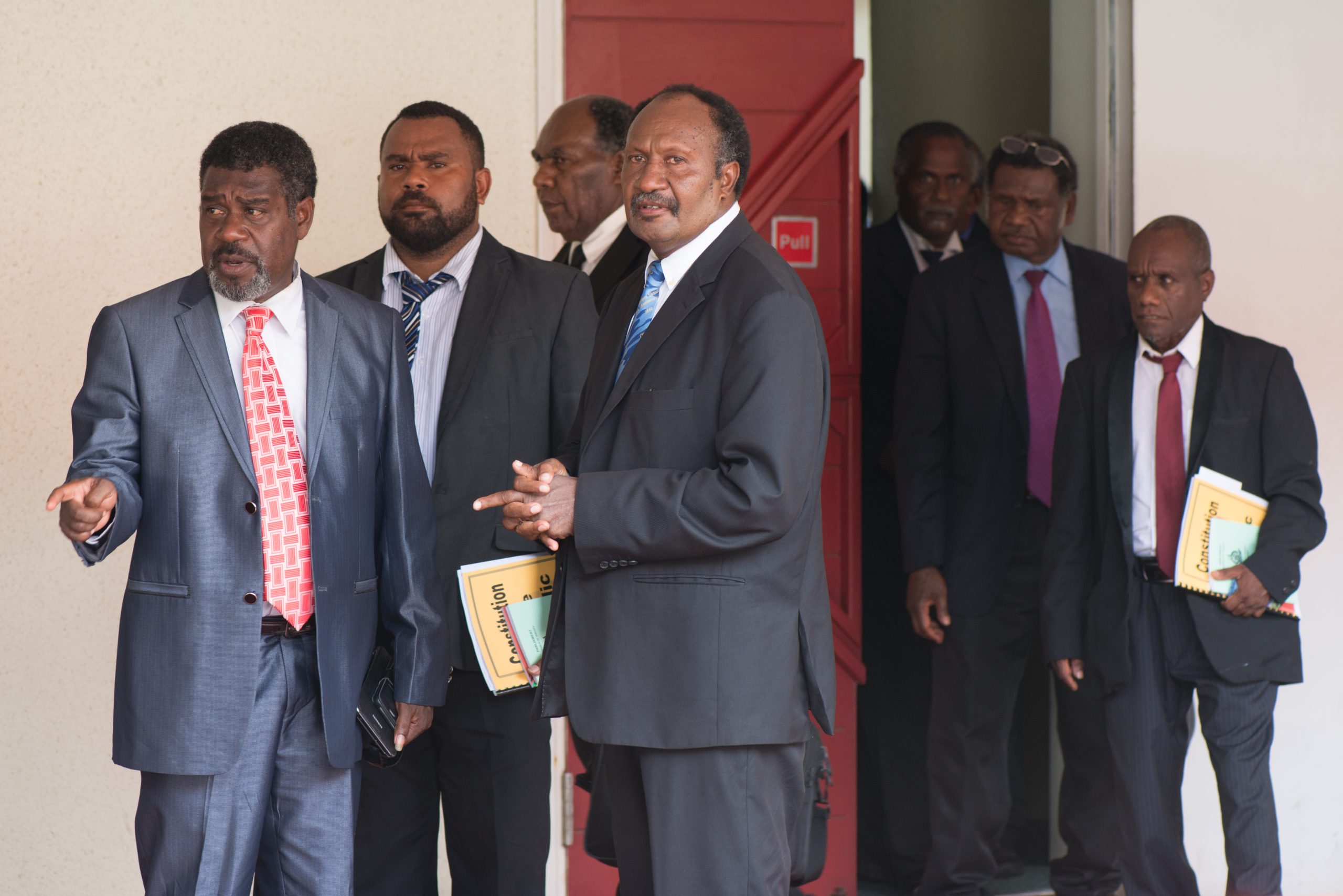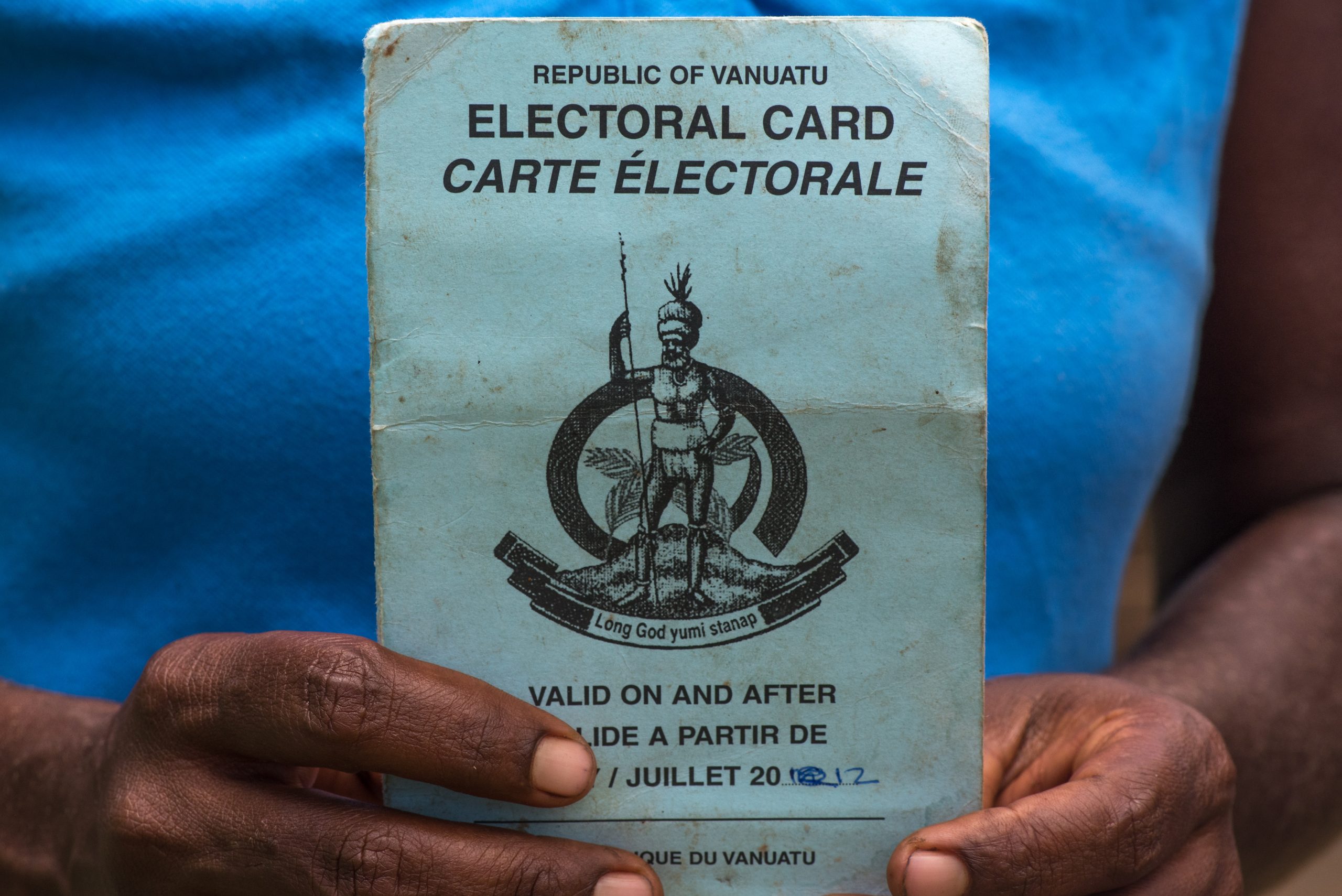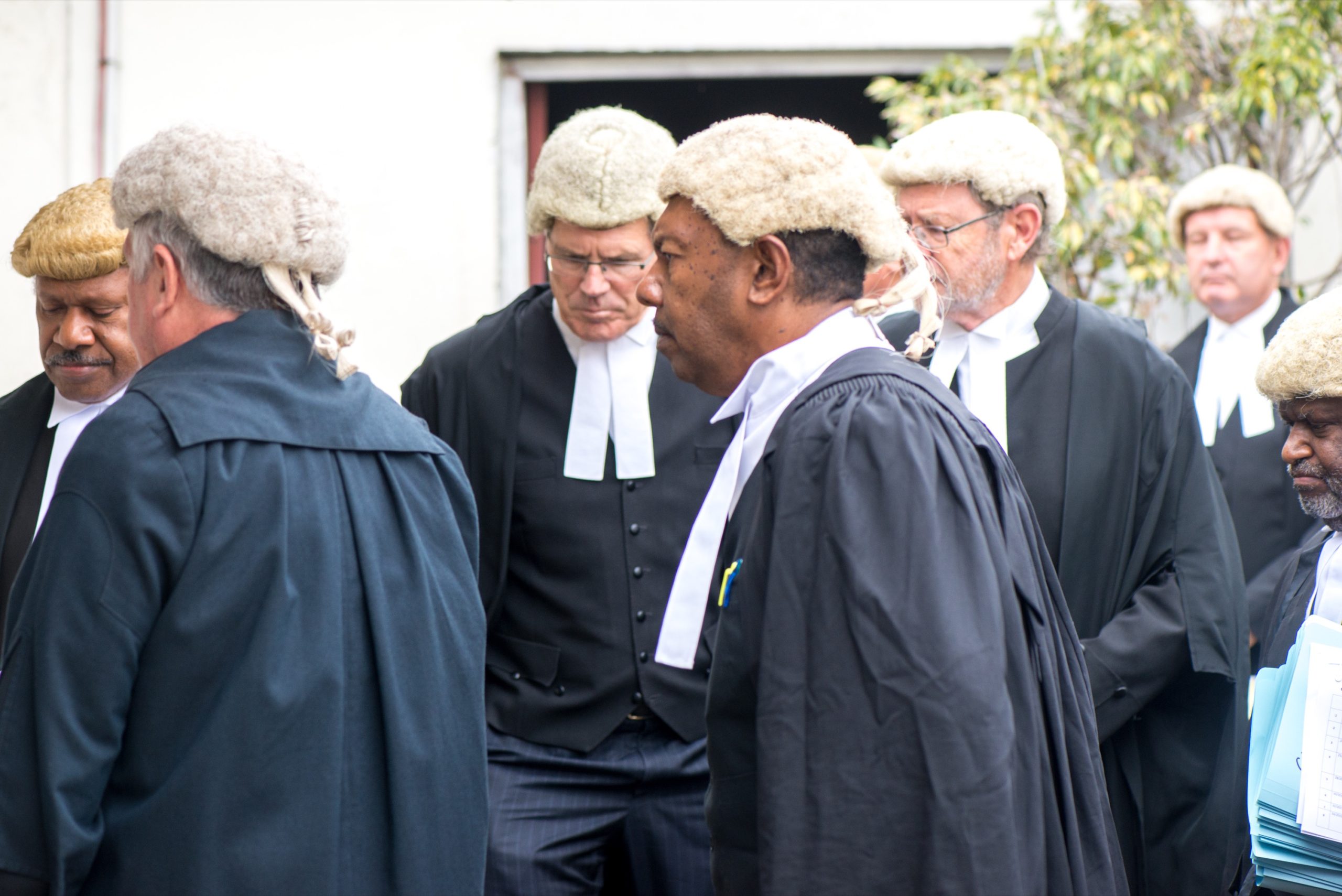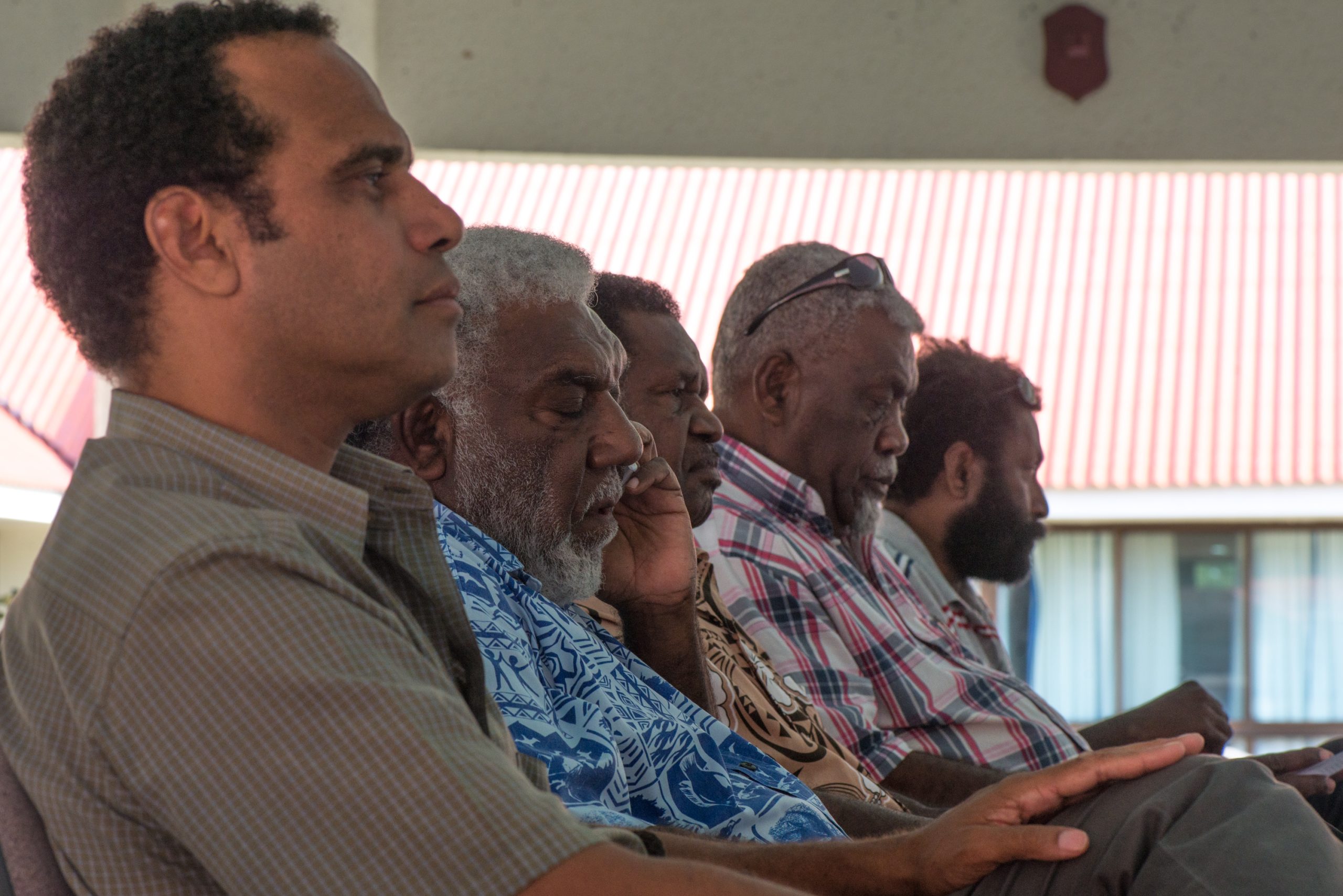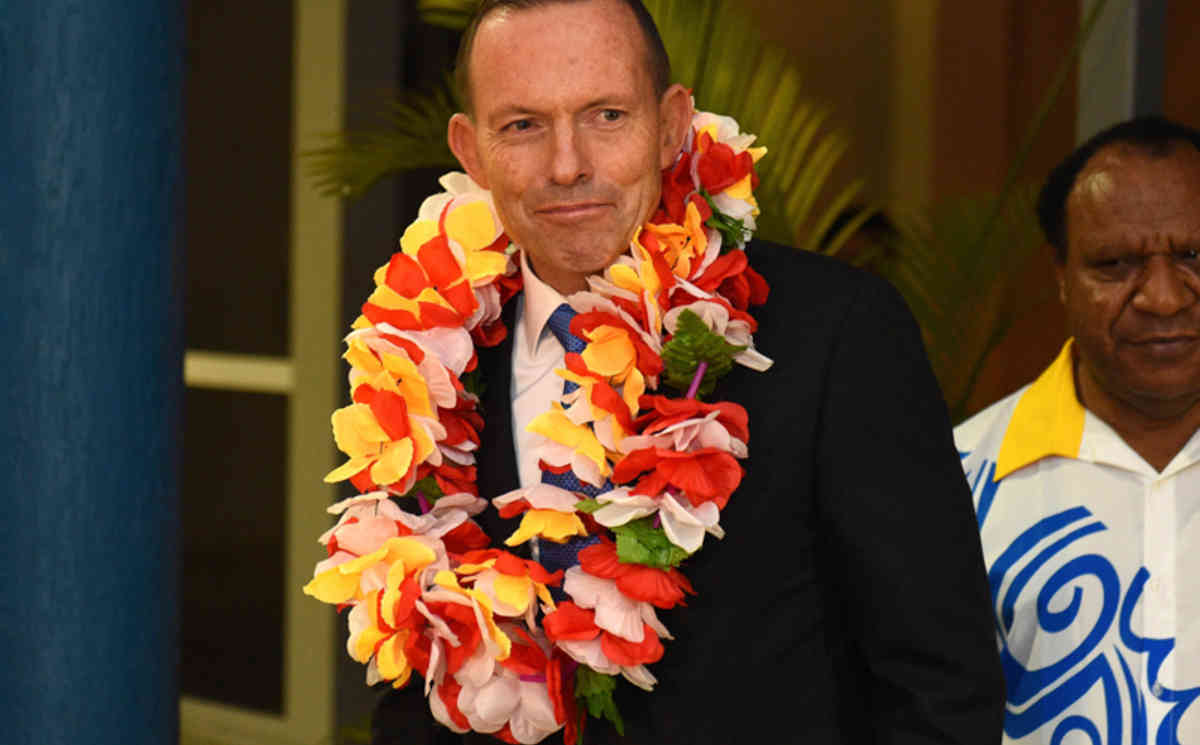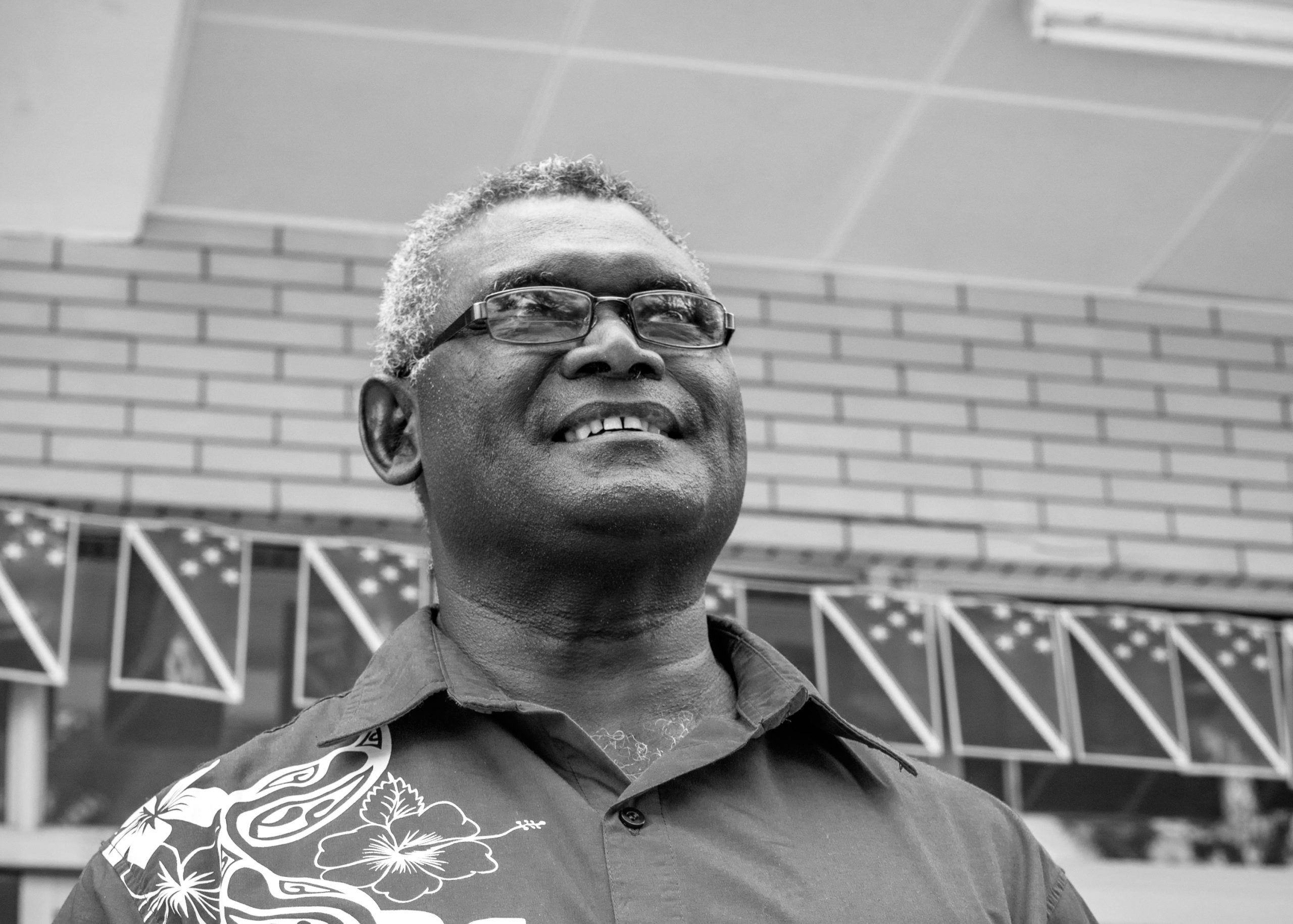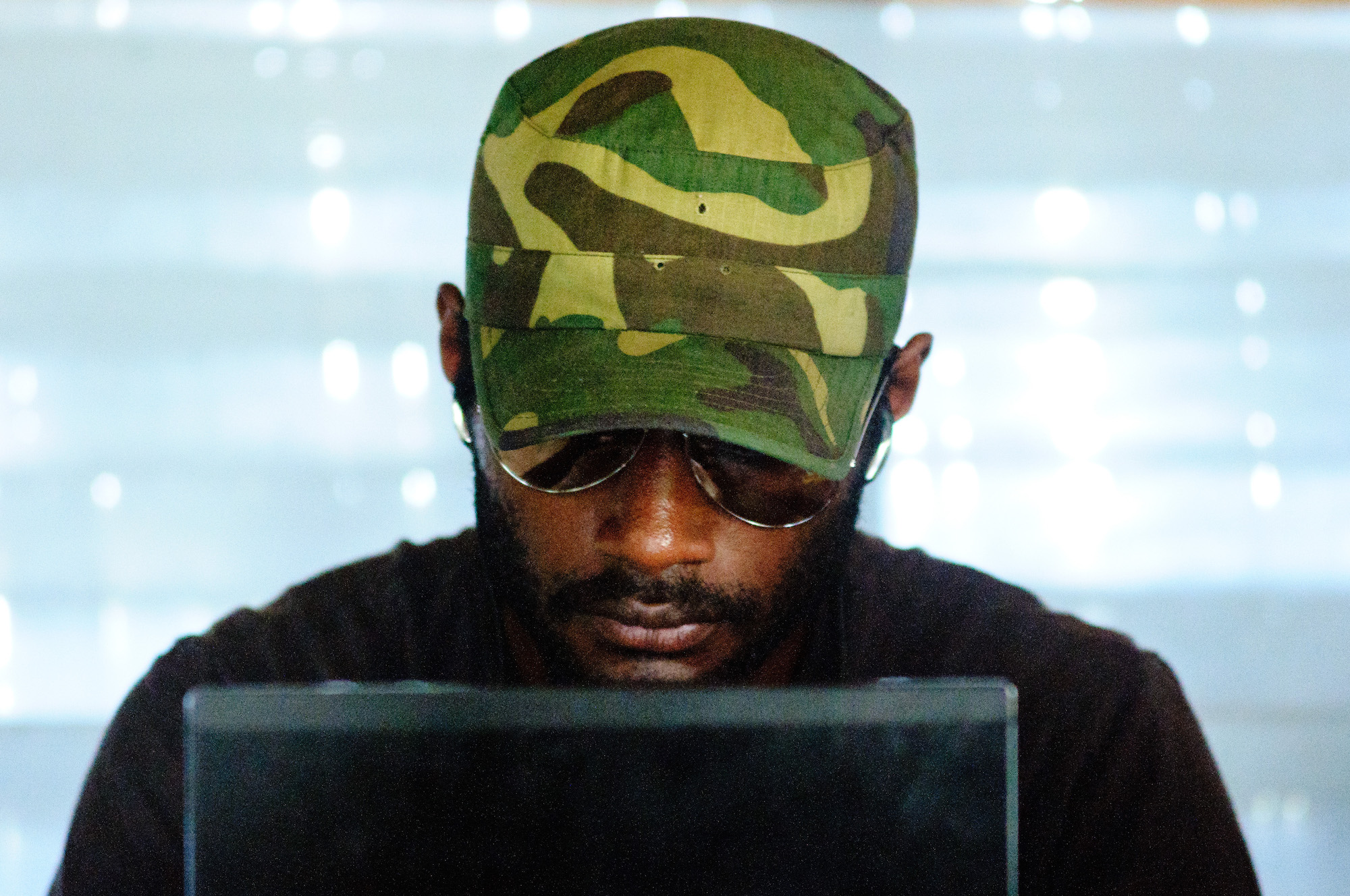In 1989 the G-7 group of countries decided it was time to act together to address the increasingly serious problem of money laundering. They created what became known as the Financial Action Task Force on Money Laundering, or FATF. Prompted as they were by the extraordinary boom in illicit cash brought about by America’s love affair with cocaine, the measures weren’t taken particularly seriously by tiny tax-haven nations such as Vanuatu.
Then came September 11th, 2001. What had been seen as a first-world problem suddenly became a global concern. No longer just a pastime for drug lords and tax cheats, money laundering was identified by the USA as a prime source of financing for terrorism. In the months immediately after the terror attacks on New York, a series of measures were brought into play that made it clear that the world was going to play along to the anti-money laundering tune.
In 2002, Vanuatu was faced with a choice. It could either clean up its act, or it could lose the ability to trade in US dollars. The consequences of failure were dire, to say the least. Within months, a number of offices with dozens of nameplates on their door disappeared.
In fairly short order, Vanuatu drafted a legislative and law enforcement framework that quelled the international community’s worst fears, and got the country moved from the infamous grey list of ‘non-compliant and uncooperative jurisdictions’. In fact, Vanuatu went above and beyond the call of duty, and drafted a regime that would prove onerous actually to implement.
This decision would come back to haunt the country. Read more “Getting off the grey list”

